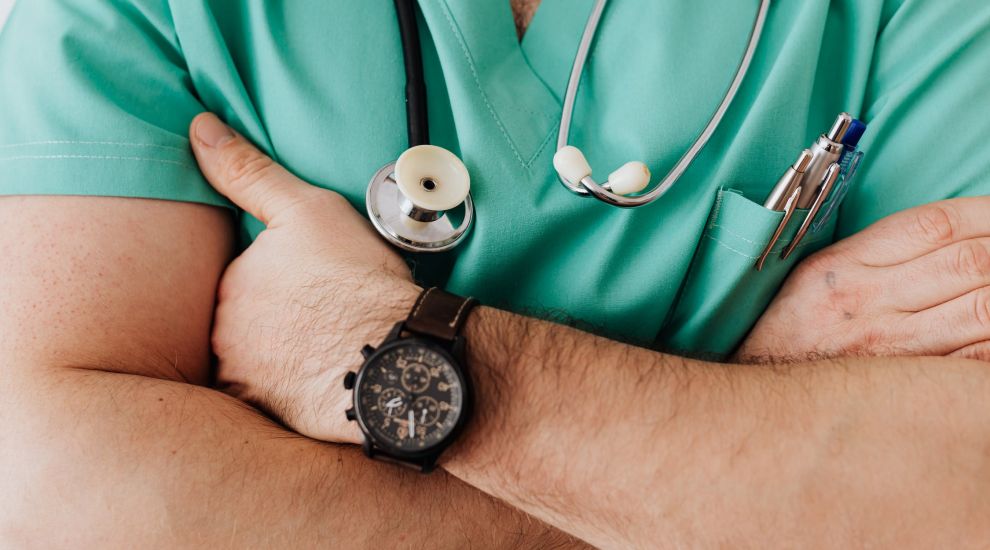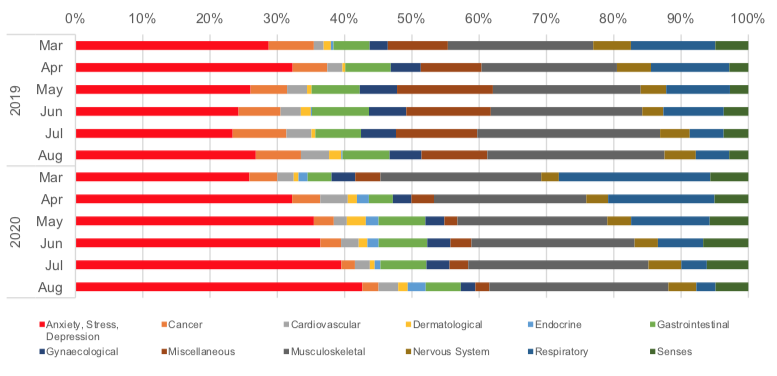


If you work in health and you are worried about something, how easy is it to raise a reasonable concern?
How often do staff raise such concerns? If rarely, do you ask why? Is it because our carers really don't care?
What happens when they do 'blow a whistle'? Are their concerns taken seriously in the spirit in which they were meant with transparency of process? Alternatively, do they live in a climate of fear, subsequently feeling victimised for their actions?
It seems that there is a history of a number of poor, delayed and expensive disciplinary processes with subsequent suspension of multiple doctors and resulting low morale. This was highlighted in a letter highlighted in a worrying report by Bailiwick Express about a letter from Members of the Medical Staff Committee (MSC) addressed to Medical Director Patrick Armstrong.
Suspension is said to be a neutral act but it inevitably has consequences for both the staff member involved and even those they care for, who then lack the support and continuity of care of that person.
In addition, there is no statutory protection for whistle-blowers in Jersey. In effect, they can be sacked with six months' salary but getting a new job may be difficult. If a doctor loses their job, they may have to move their family away, as HCS has a monopoly on medical jobs locally.
In recent years, we have seen some suspensions and then subsequent dismissals supported by the GMC (General Medical Council) or NMC (Nursing and Midwifery Council) but there seems to be an increasingly alarming trend of staff loss across all levels of nursing and medicine which are not necessarily associated with subsequently confirmed misdemeanours.
Many individuals been signed off with stress (43% of sickness days taken cited stress as a cause in 2020) or have moved to the private sector if they have not left the island altogether. I'm aware that some locums have vowed never to come back to Jersey following their experience working in its health service, compounding recruitment problems further.

Pictured: Sickness rates due to mental wellbeing issues have risen in recent years.
Added to that is a culture of intimidation and bullying (inherent across the public sector it would seem) plus the multiple and costly compromise agreements and out of court settlements.
Then, there is the clandestine nature of those in the upper echelons typified by CAM – the ultimate decision-makers on covid policy - who persistently declined to release minutes of their meetings to Bailiwick Express. Apparently, the Freedom of Information Law is the way forward... unless a politician needs 'a safe space' in which to determine public policy.
Additionally, there is the inadvertent loss of emails regarding an osteopath HCS was ultimately unsuccessful in removing from practice, and resignation from posts with strong links to healthcare such as that of the previous Chief Statistician.

Pictured: The Health Minister was ordered by the Royal Court to search a series of email accounts relating to a complaint made by a patient against Badrul Huda, but many appeared to have gone missing.
Overall, one notes ascendancy of flannel over substance: there are now 32 people working in the Communications Directorate for the Government of Jersey, of which three support HCS. Maybe this is an inevitable consequence of political tenure, but it smacks of 'Big Brother'.
A Scrutiny report in September 2021 made several recommendations following which there would appear to have been little by way of action.
Perhaps one could add to these the appointment of an Independent Ombudsman, who would be able to anonymously (crucial for staff in this present culture) assimilate and present the multiple concerns via a constructive, publicly available report? This same individual would be well placed to serve the same function for disgruntled patients.
The recent further NHS scandal in Shrewsbury was cited as a cause for an independent oversight of services.
When will it be accepted that some health workers are the unfortunate victims of widespread system failure which is not being addressed?
When and how will they be able to raise their heads above the parapet as frontline carers, the ones we all clapped for, and be permitted to help to reformulate better care?
How does Jersey's healthcare system work?
How sick is our health system?
This article is part of a series by Dr Nigel Minihane, aiming to raise questions and prompt debate and discussion about Jersey's health service ahead of the election.
It continues this next week. Make sure you don't miss it by signing up to Express's daily news email HERE.